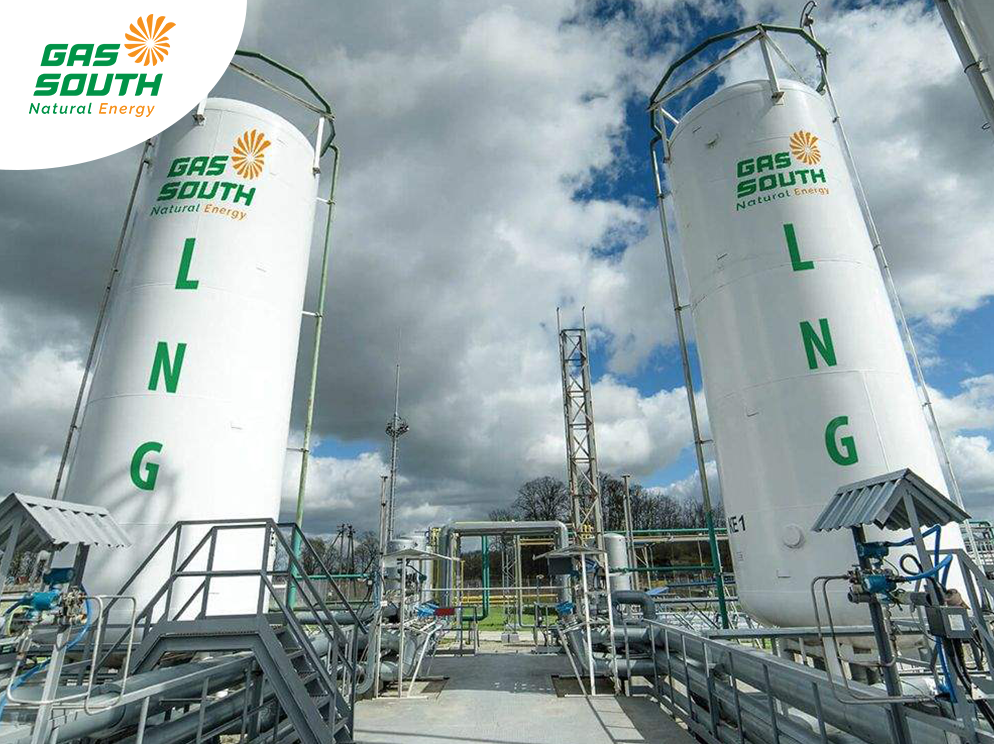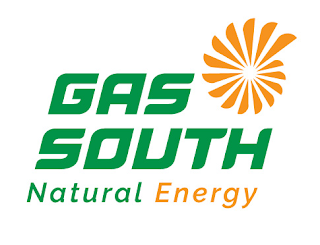Understanding NFPA 57: The Liquefied Natural Gas (LNG) Vehicular Fuel Systems Code
Introduction
With the growing concern for environmental sustainability and the need for cleaner fuel alternatives, liquefied natural gas (LNG) has emerged as a viable option for vehicular fuel systems. However, it is crucial to ensure safety and compliance when implementing LNG fuel systems. That's where the National Fire Protection Association (NFPA) comes in with its dedicated code, NFPA 57, which provides guidelines and requirements for LNG vehicular fuel systems. In this blog post, we will dive into the details of NFPA 57, its significance, and how you can access it online.
See More What Is The Lng Collection
1. Understanding NFPA 57: The Basics
NFPA 57, also known as the "Liquefied Natural Gas (LNG) Vehicular Fuel Systems Code," is a set of standards developed by the NFPA to address the unique safety considerations associated with LNG as a vehicular fuel. The code aims to ensure the safe design, installation, operation, and maintenance of LNG fuel systems.
More About Us: SOUTHERN GAS TRADING JSC
The primary focus of NFPA 57 is on LNG fueling stations, LNG storage systems, and LNG-powered vehicles. It covers various aspects, including safety measures, equipment requirements, training and certification, and emergency procedures.
2. Why is NFPA 57 Important?
Safety is paramount when dealing with any form of fuel, especially when it involves highly flammable substances like LNG. NFPA 57 plays a crucial role in ensuring the safety of LNG vehicular fuel systems by providing comprehensive guidelines that mitigate potential risks.
By adhering to NFPA 57, stakeholders in the LNG industry can safeguard against accidents, leaks, fires, and other hazardous situations. Compliance with the code not only protects the lives of drivers, passengers, and nearby communities but also helps build confidence in the use of LNG as a cleaner fuel alternative.
3. Key Provisions of NFPA 57
Let's delve into some of the key provisions outlined in NFPA 57:
a. Design and Installation Requirements
NFPA 57 lays down specific design and installation requirements for LNG fueling stations and storage systems. These include considerations for structural integrity, ventilation, electrical equipment, fire protection measures, and emergency shutdown systems.
b. Safety Measures
The code emphasizes safety measures such as leak detection systems, pressure relief devices, emergency shutdown controls, and spill containment systems. These measures are essential to minimize the risk of accidents and quickly respond to potential incidents.
c. Training and Certification
NFPA 57 mandates that individuals involved in operating and maintaining LNG vehicular fuel systems receive proper training and certification. This ensures that they have the necessary knowledge and skills to handle LNG safely and effectively.
d. Inspections and Maintenance
Regular inspections and maintenance are critical to ensure the ongoing safe operation of LNG fuel systems. NFPA 57 provides guidelines for inspections, testing procedures, record-keeping, and maintenance schedules to prevent potential issues and ensure compliance.
e. Emergency Procedures
In case of emergencies such as leaks or fires involving LNG, NFPA 57 outlines clear emergency procedures that need to be followed. These procedures include evacuation plans, communication protocols with emergency responders, and containment strategies to mitigate potential risks.
4. How to Access NFPA 57 Online?
Accessing NFPA 57 is relatively straightforward. Here are a few ways you can obtain a copy:
a. NFPA Website
The official website of the NFPA offers various subscription options that provide access to their codes and standards library. By subscribing to their online platform, you can access NFPA 57 in its latest edition along with other related codes.
b. Libraries or Educational Institutions
Many libraries and educational institutions have subscriptions to online databases that include NFPA codes and standards. Check with your local library or educational institution to see if they provide access to NFPA 57 or any relevant resources.
c. Online Retailers
Certain online retailers offer NFPA codes and standards for purchase in both print and digital formats. Platforms like Amazon often have these resources available for those who prefer individual copies.
5. Staying Up-to-Date with NFPA 57
NFPA codes are periodically updated to incorporate new research, technologies, and industry best practices. It is crucial to stay informed about any revisions or amendments to ensure continued compliance with the latest standards.
To stay up-to-date with NFPA 57:
- Subscribe to the NFPA newsletter or mailing list to receive updates on code revisions.
- Join professional associations or organizations related to LNG or vehicle safety that provide resources on code updates.
- Attend conferences, seminars, or webinars that focus on LNG vehicular fuel systems to stay informed about industry developments.
Conclusion
NFPA 57 serves as a comprehensive guide for ensuring the safe implementation of liquefied natural gas (LNG) vehicular fuel systems. By adhering to its provisions, stakeholders can mitigate potential risks associated with LNG while promoting cleaner fuel alternatives.
With easy access to NFPA 57 online through various platforms, it is essential to stay informed about its updates to maintain compliance with the latest safety standards. By prioritizing safety, we can continue to drive towards a future that embraces sustainable energy solutions while keeping our communities safe.
#what_is_the_lng, #pgscomvn, #pgs_com_vn, #whatisthelng, #what_is_the_lng, #pgscomvn, #pgs_com_vn/

Nhận xét
Đăng nhận xét